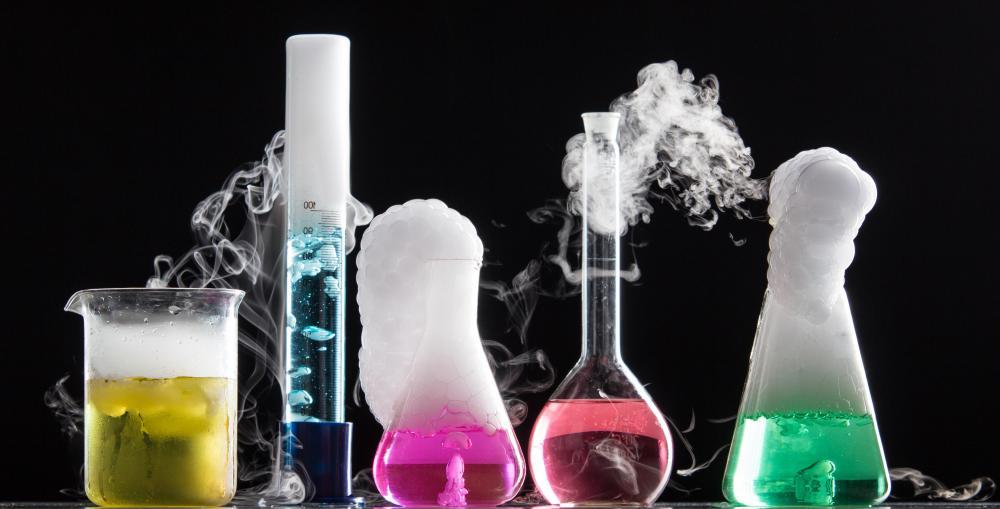Chemical sensitivity, also known as multiple chemical sensitivity (MCS), is a condition in which individuals experience adverse reactions to various chemicals found in everyday products and environments. These reactions can range from mild discomfort to severe symptoms that significantly impact daily life. In this blog post, we will delve into the causes, symptoms, and effective strategies for treating chemical sensitivity.
- What is Chemical Sensitivity?
Chemical sensitivity is a complex and often misunderstood condition. It is characterized by heightened sensitivity to chemicals commonly found in cleaning products, fragrances, pesticides, and other household items. Individuals with chemical sensitivity may experience symptoms such as headaches, dizziness, fatigue, respiratory issues, and skin irritations when exposed to these substances. - Understanding the Causes:
While the exact causes of chemical sensitivity are still not fully understood, several theories have been proposed. These include genetic predisposition, environmental factors, immune system dysfunction, and previous chemical exposures. It is essential to recognize that chemical sensitivity is a real and debilitating condition that affects a significant number of individuals worldwide. - Identifying Triggers:
One of the key steps in managing chemical sensitivity is identifying the specific triggers that cause adverse reactions. This involves keeping a detailed record of symptoms and potential exposures. By identifying patterns and common factors, individuals can better avoid or minimize exposure to triggers, leading to symptom relief. - Creating a Safe Environment:
Creating a safe and chemical-free environment is crucial for individuals with chemical sensitivity. This includes using fragrance-free and non-toxic cleaning products, avoiding synthetic materials in clothing and furnishings, and improving indoor air quality through proper ventilation and air purifiers. Additionally, reducing exposure to common triggers such as pesticides and mold can significantly improve symptoms. - Lifestyle Modifications:
In addition to environmental changes, certain lifestyle modifications can help manage chemical sensitivity. These include adopting a healthy diet rich in antioxidants, practicing stress-reducing techniques such as meditation or yoga, and incorporating regular exercise to support overall well-being and strengthen the immune system. - Seeking Professional Help:
For individuals with severe chemical sensitivity, seeking professional help from healthcare providers who specialize in environmental medicine or toxicology is recommended. These experts can conduct comprehensive evaluations, provide personalized treatment plans, and offer guidance on managing symptoms effectively.
Conclusion:
Chemical sensitivity is a challenging condition that requires a comprehensive approach to treatment and management. By understanding the causes, identifying triggers, creating a safe environment, making lifestyle modifications, and seeking professional help when needed, individuals with chemical sensitivity can significantly improve their quality of life. Remember, each person's experience with chemical sensitivity is unique, so it is essential to tailor strategies to individual needs and preferences.



